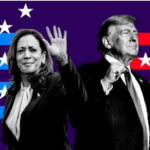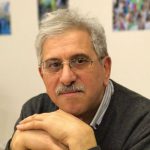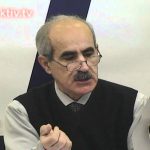The police in the capital of Azerbaijan on Sunday used tear gas, rubber bullets and water cannons to disperse protesters demanding an end to the hazing and abuse of military conscripts, which activists say the government has concealed.
Hundreds of protesters gathered in Fountain Square in central Baku, the capital, chanting “Stop killing our soldiers,” and “Explain this to us, supreme commander,” a reference to President Ilham Aliyev. They also demanded that the defense minister step down.
One demonstrator, Zaur Gurbanli, 26, said the demonstration was important because government officials had stifled public discussion of “mysterious noncombat soldier deaths.”
More than 80 people were detained at Sunday’s event, which was not authorized by city officials, but many were released. Several unexplained deaths have raised concerns in Azerbaijan recently, including that of Ceyhun Qubatov, 18, who died in January. Though his mother was told he died of heart failure, his body showed signs of physical injuries, according to photographs released by his family that circulated on social networks.
The Doktrina Center, a nonprofit organization based in Baku that researches military affairs, said 647 members of the Azerbaijani Army died from 2003 to 2012, 472 of them in noncombat situations.
Before Sunday’s demonstration, the police arrested three activists from Nida, a citizens’ movement that helped promote the event, and on Sunday state television broadcast a videotape that showed all three confessing to planning a coup. The three were arrested Thursday in connection with a criminal investigation related to drug and weapons charges.
Mr. Gurbanli, who is part of the same movement, said he took part in Sunday’s protest in part because he knew the three men who had been arrested.
“It was very clear from their speeches that they did it under pressure,” he said.
Beyali Azizov, 53, whose son, Elkhan, died while serving in a military unit in January 2010, said he did not believe the official explanation that Elkhan and another soldier shot four officers and wounded two others, and then shot each other.
“I cannot bring my son back, but I am here so that no father feels the grief I have,” he said in an interview. “My son’s case was not even investigated properly. I hope our voices will be heard.”
 The New York Times
The New York Times

